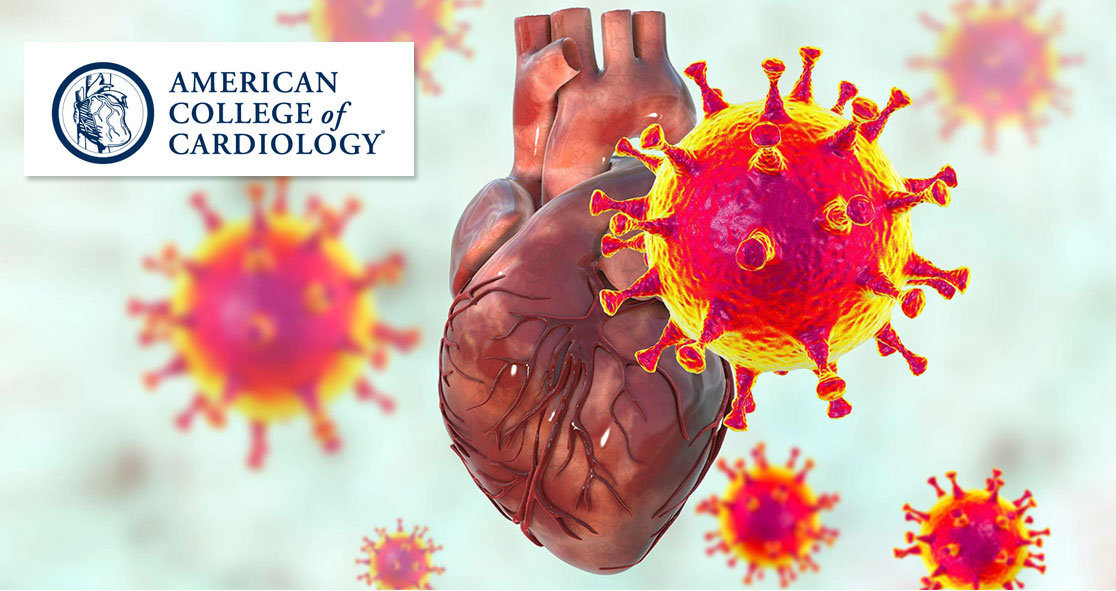The American College of Cardiology (ACC) has recently issued guidance for the evaluation and management of key cardiovascular consequences of COVID-19, according to Science Daily.
The clinical guidelines, published in the Journal of ACC, discuss myocarditis and other types of myocardial issues, patient-centered approaches for Long COVID, and recommendations on resumption of exercise after recovering from COVID-19 illness.
Dr. Ty Gluckman, Associate Editor for Practice Guidelines and Clinical Documents for ACC, said, “The best means to diagnose and treat myocarditis and Long COVID following SARS-CoV-2 infection continues to evolve. This document attempts to provide key recommendations for how to evaluate and manage adults with these conditions, including guidance for safe return to play for both competitive and non-competitive athletes.”
Myocarditis is an inflammation of the heart muscle (myocardium). It is characterized by the symptoms of chest pain, shortness of breath, and palpitations. In myocarditis, there is an elevated cardiac troponin (a biomarker of cardiac injury) and abnormal changes in ECG (electrocardiographic), cardiac imaging (echocardiogram, cardiac magnetic resonance imaging), and cardiac biopsy.
Myocarditis has rarely been seen in patients who recovered from COVID-19, which is there is a need for a proactive management plan. Also, myocarditis after COVID mRNA vaccination has been seen in a few cases.
Lon COVID, also known as post-acute sequelae of SARS-CoV-2 infection (PASC), has been reported in about 10% to 30% of people infected by the coronavirus. In PASC, people experience new, recurring, or persistent health issues at least four weeks after COVID infection. People have experienced a wide range of symptoms, including cardiac issues such as tachycardia (abnormally rapid heartbeat), exercise intolerance, chest pain, and breathlessness.
The ACC recommends patients with Long COVID and cardiovascular symptoms to undergo evaluation with lab tests, ECG, echocardiogram, ambulatory rhythm monitor, and/or additional pulmonary testing based on the clinical presentation, per Science Daily.
In addition, they must undergo cardiology consultation for any abnormal test results, with an additional assessment based on the suspected clinical condition.
Dr. Nicole Bhave of ACC said, “There appears to be a ‘downward spiral’ for long COVID patients. Fatigue and decreased exercise capacity lead to diminished activity and bedrest, in turn leading to worsening symptoms and decreased quality of life.”
“The writing committee recommends a basic cardiopulmonary evaluation performed upfront to determine if further specialty care and formalized medical therapy is needed for these patients,” she added. To know more about the new guidelines, visit the American College of Cardiology website.























